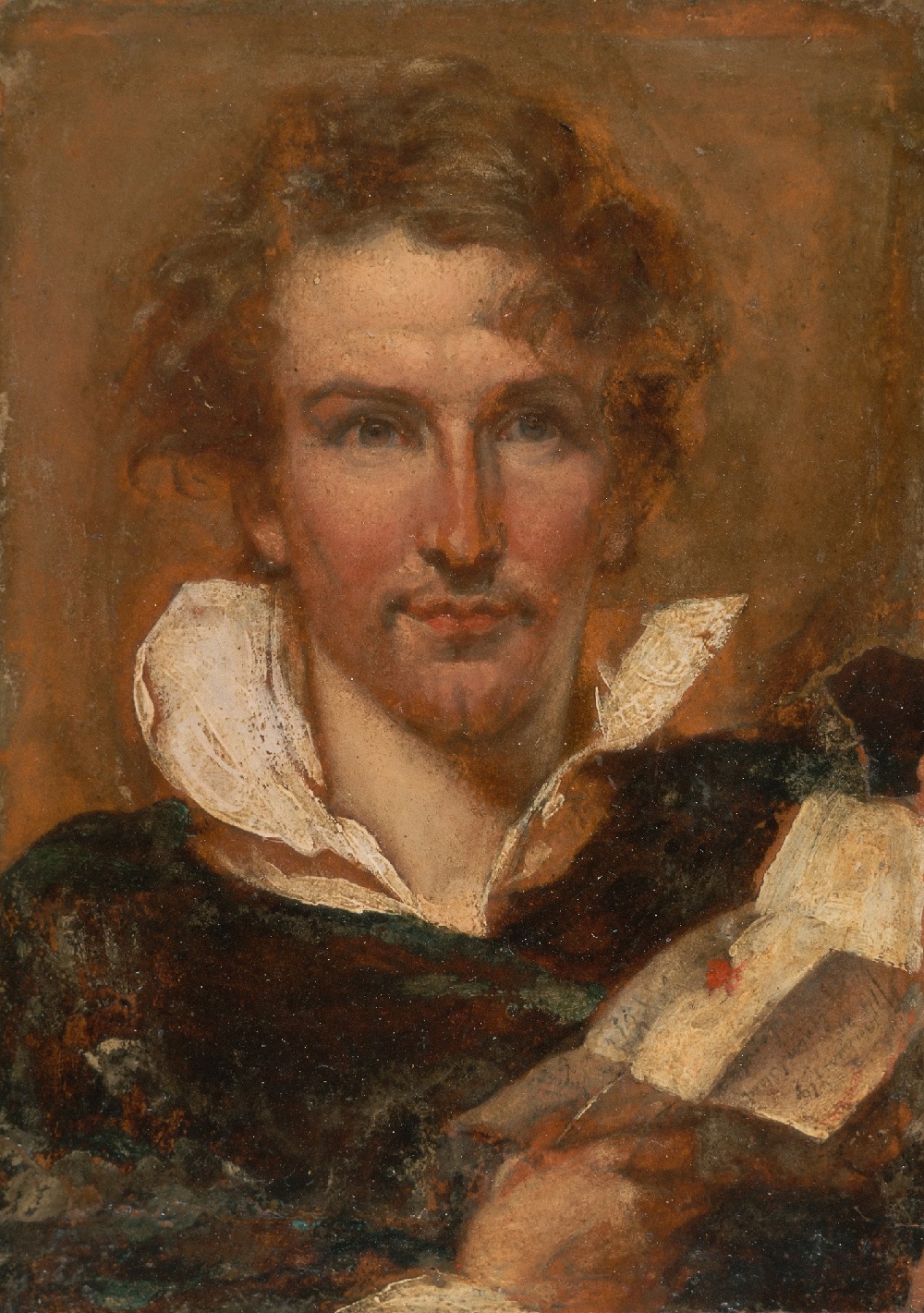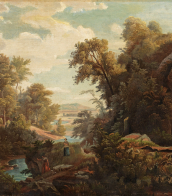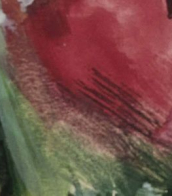уильям этти (1787 - 1849)

William Etty was an esteemed English painter renowned for his history paintings, especially those containing nude figures. He was recognized as the first significant British artist to focus on nudes and still lifes. Despite facing criticism for the perceived indecency of his work, William Etty achieved both commercial success and critical acclaim, particularly after his painting "Cleopatra's Arrival in Cilicia" in 1821, which showcased his skill in painting realistic flesh tones.
William Etty's journey in art began after he completed an apprenticeship in printing, moving to London to join the Royal Academy Schools in 1807. There, he was influenced by the works of Venetian artists and the teachings on history painting, emphasizing the works of Titian and Rubens. By 1825, his reputation was solidified with his election as a Royal Academician, a testament to his success and impact on the art world.
His works, often focused on mythological or historical subjects, are celebrated for their sensuous portrayal of the nude form. Despite facing backlash for his subject matter, William Etty remained a popular figure throughout his life. His legacy lives on in collections like the York Art Gallery, which holds a significant number of his pieces, reflecting his dedication to painting, particularly the human figure in its most natural form.
For art collectors and experts, William Etty's oeuvre offers a unique exploration of the nude form, blending historical and mythological narratives with lifelike realism. If you're interested in learning more about Etty's work and staying updated on exhibitions or sales featuring his paintings, consider subscribing for updates dedicated to his artistry. This subscription will keep you informed about new discoveries, auction events, and exhibitions related to William Etty's enduring legacy.


William Etty was an esteemed English painter renowned for his history paintings, especially those containing nude figures. He was recognized as the first significant British artist to focus on nudes and still lifes. Despite facing criticism for the perceived indecency of his work, William Etty achieved both commercial success and critical acclaim, particularly after his painting "Cleopatra's Arrival in Cilicia" in 1821, which showcased his skill in painting realistic flesh tones.
William Etty's journey in art began after he completed an apprenticeship in printing, moving to London to join the Royal Academy Schools in 1807. There, he was influenced by the works of Venetian artists and the teachings on history painting, emphasizing the works of Titian and Rubens. By 1825, his reputation was solidified with his election as a Royal Academician, a testament to his success and impact on the art world.
His works, often focused on mythological or historical subjects, are celebrated for their sensuous portrayal of the nude form. Despite facing backlash for his subject matter, William Etty remained a popular figure throughout his life. His legacy lives on in collections like the York Art Gallery, which holds a significant number of his pieces, reflecting his dedication to painting, particularly the human figure in its most natural form.
For art collectors and experts, William Etty's oeuvre offers a unique exploration of the nude form, blending historical and mythological narratives with lifelike realism. If you're interested in learning more about Etty's work and staying updated on exhibitions or sales featuring his paintings, consider subscribing for updates dedicated to his artistry. This subscription will keep you informed about new discoveries, auction events, and exhibitions related to William Etty's enduring legacy.


William Etty was an esteemed English painter renowned for his history paintings, especially those containing nude figures. He was recognized as the first significant British artist to focus on nudes and still lifes. Despite facing criticism for the perceived indecency of his work, William Etty achieved both commercial success and critical acclaim, particularly after his painting "Cleopatra's Arrival in Cilicia" in 1821, which showcased his skill in painting realistic flesh tones.
William Etty's journey in art began after he completed an apprenticeship in printing, moving to London to join the Royal Academy Schools in 1807. There, he was influenced by the works of Venetian artists and the teachings on history painting, emphasizing the works of Titian and Rubens. By 1825, his reputation was solidified with his election as a Royal Academician, a testament to his success and impact on the art world.
His works, often focused on mythological or historical subjects, are celebrated for their sensuous portrayal of the nude form. Despite facing backlash for his subject matter, William Etty remained a popular figure throughout his life. His legacy lives on in collections like the York Art Gallery, which holds a significant number of his pieces, reflecting his dedication to painting, particularly the human figure in its most natural form.
For art collectors and experts, William Etty's oeuvre offers a unique exploration of the nude form, blending historical and mythological narratives with lifelike realism. If you're interested in learning more about Etty's work and staying updated on exhibitions or sales featuring his paintings, consider subscribing for updates dedicated to his artistry. This subscription will keep you informed about new discoveries, auction events, and exhibitions related to William Etty's enduring legacy.






